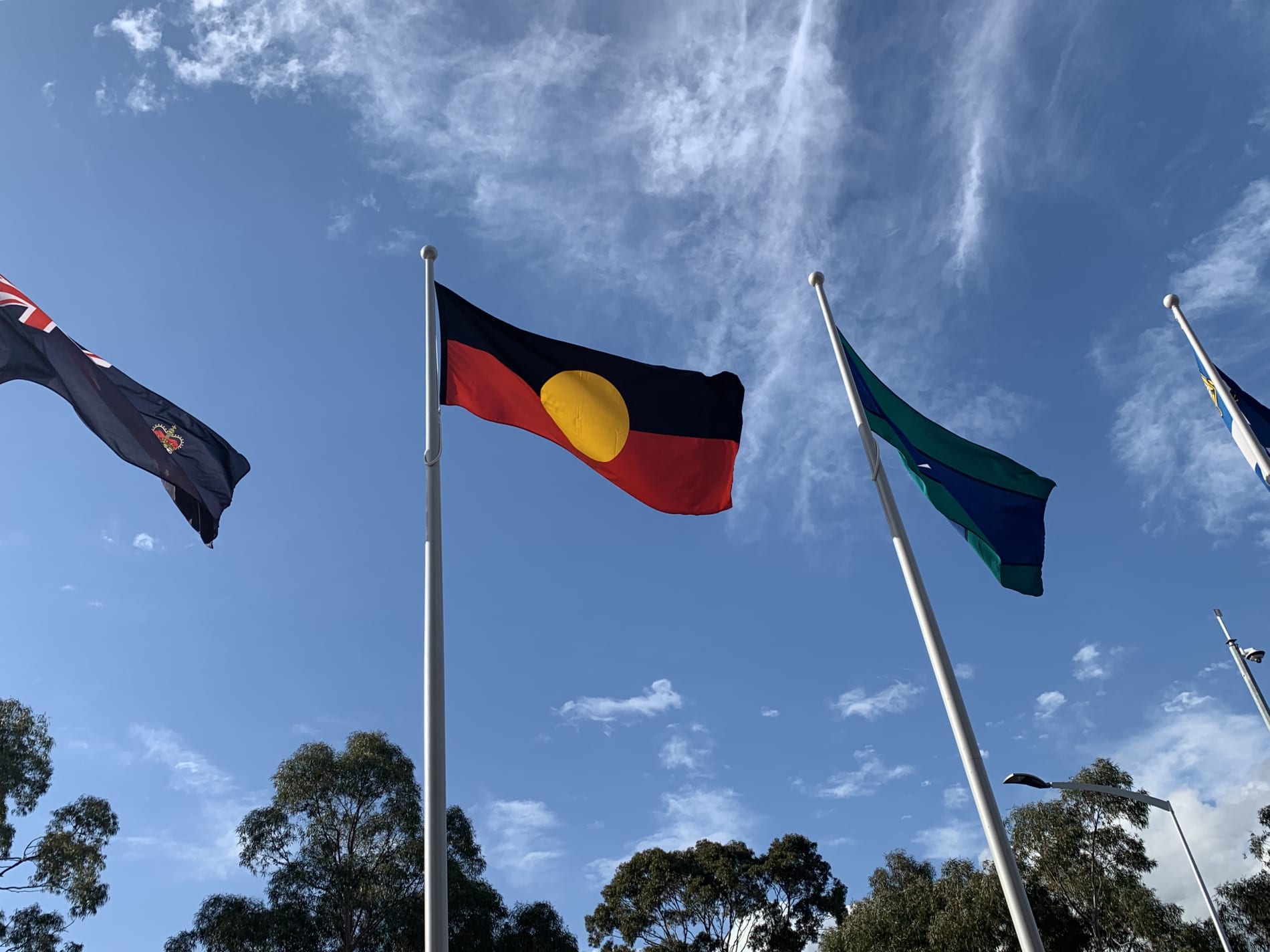
Read the Charter of Independence here.
The Voice to Parliament alteration bill heralds a "historic moment" for First Nations young people whose needs are often overlooked in government decision-making, a youth advocate says.
Stacee Ketchell, a proud Waikaid and Meuram woman from Zenadh Kes (Torres Strait Islands and surrounding seas), said connection and inclusion is essential for Aboriginal and Torres Strait Islander people who face a battle to converse with government.
With the constitutional alteration introduced to Parliament last week, the Federal Government hopes to pass the legislation by the end of June, with the referendum to be held between October and December this year.
The year is a “very historic moment in connecting young people and making them a part of it”, said Ms Ketchell, co-founder and deputy chair of Deadly Inspiring Youth Doing Good (DIYDG).
She points to Closing the Gap, the Australian Government strategy and annual report that aims to achieve equality for First Nations people in health and life expectancy within a generation. Launched in 2008 and revised in 2020, the strategy highlights the need for programs and services to be developed in partnership with Aboriginal and Torres Strait Islander communities.

While last year's report showed gains in preschool enrolments and a reduction in the rate of 10 to 17-year-olds in detention by at least 30 per cent, four key targets were not on par with the set targets: incarceration rates, suicide rates, child removal rates and school readiness.
Ms Ketchell said a mechanism like the Voice, through which government could seek First Nations people's advice, will be a positive outcome.
“We have the solutions to those challenges," she said. The Voice is "giving an opportunity for governments to make informed decisions".
Attorney-General Mark Dreyfus introduced the Voice to Parliament constitutional alteration in the House of Representatives last Thursday as "the first formal step to holding a referendum".
It comes after more than a decade of efforts to alter the constitution, according to Monash Indigenous Studies Centre director Kyllie Cripps.
“We’ve had 13 years of trying to get constitutional change … and at least three detailed government reports on the need,” said Associate Professor Cripps, a proud Palawa woman (Indigenous Tasmanian).
“[The Voice is] an avenue through which we produce accountability. It is that accountability that will change the gap.”

Associate Professor Cripps said the Voice will contribute to the national conversation on important issues in government, so First Nations people "are not consulted after the fact”.
It will “include those that are often disenfranchised … those that need and want to be heard in this space, so that we can conceive of a future that is responsive to the future needs of our population”, she said.
“It is about respect, about dignity, about First Nations people being acknowledged."
Recognition of young voices is at the heart of Ms Ketchell's work and for the team at DIYDG, a youth-led, grassroots organisation whose goal is to empower the next generation as they forge their way to a better future.
She said the organisation, “founded by young people for young people”, centred upon the five core values of family, leadership, opportunity, wellbeing and growth – and aimed to overcome barriers through youth support services, cultural mentoring and family support networks.

The Voice will offer young people a chance to articulate their needs – "and not politicians guessing our needs", Ms Ketchell said.
"It will have a flow-on effect for our success, growth and wellbeing in our communities, for the future generations.”
Learn more about the Voice to Parliament here.